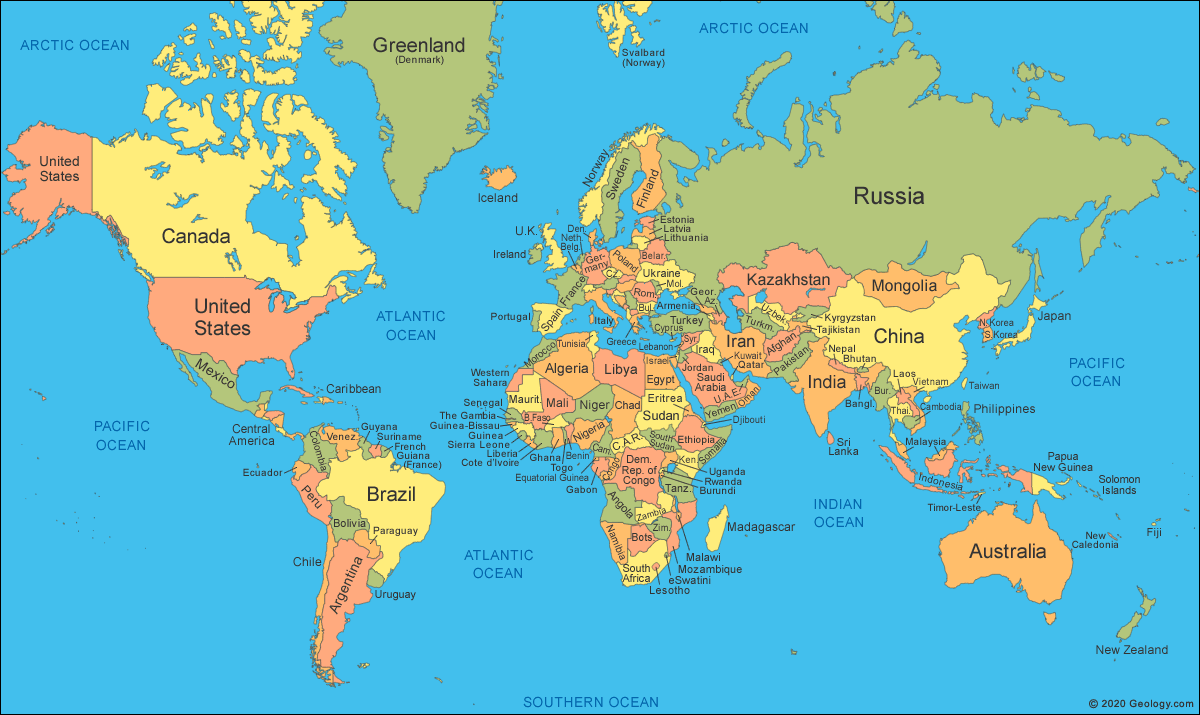Is pain a matter of attitude? I know that a wise mystic would teach "redemptive suffering." And I know the Sisters would say to "offer it up." And Job would say to embrace it.
I think of my own pain when I was sick. I did offer it up, tried to embrace it, tried to rise above it. Sometimes I could, and sometimes I couldn't. I think it depended on how much sleep I had. But is it really a matter of mind over the pain?
Perhaps.
When one of my children was a toddler, she told me she hurt. I told her pediatrician. He said, "No, she's not in pain."
What? How did he know that?
The doctor said that he examined her and found nothing wrong. She was experiencing a sensation that is new to her, and her limited vocabulary has labeled it, "pain."
Needless to say, I half believed him. I watched my child and when nothing came of this "pain," the incident was forgotten.
But not the doctor's implied definition of pain. Is it true that the definition of pain is a sensation that is out of the ordinary?
Child birth? That's not an every day occurrence.
Tooth ache? Thank God, that's infrequent.
If we were to experience labor pains or tooth aches, continually, would we get use to it?
Maybe. I know a man who accidentally cut off the tip of his finger. That's where all the nerves are. He was in excruciating pain. After a year, I asked about his finger. He said the pain is always there; it was a part of him; he was getting use to it. It never went away.
However, now, when I ask him about the pain in his finger, he thinks about my question for a long time. Thoughtfully he will respond, "It's still there, but I've grown use to it."
Pain is a sensation that is out of the ordinary.
I think of my own pain when I was sick. I did offer it up, tried to embrace it, tried to rise above it. Sometimes I could, and sometimes I couldn't. I think it depended on how much sleep I had. But is it really a matter of mind over the pain?
Perhaps.
When one of my children was a toddler, she told me she hurt. I told her pediatrician. He said, "No, she's not in pain."
What? How did he know that?
The doctor said that he examined her and found nothing wrong. She was experiencing a sensation that is new to her, and her limited vocabulary has labeled it, "pain."
Needless to say, I half believed him. I watched my child and when nothing came of this "pain," the incident was forgotten.
But not the doctor's implied definition of pain. Is it true that the definition of pain is a sensation that is out of the ordinary?
Child birth? That's not an every day occurrence.
Tooth ache? Thank God, that's infrequent.
If we were to experience labor pains or tooth aches, continually, would we get use to it?
Maybe. I know a man who accidentally cut off the tip of his finger. That's where all the nerves are. He was in excruciating pain. After a year, I asked about his finger. He said the pain is always there; it was a part of him; he was getting use to it. It never went away.
However, now, when I ask him about the pain in his finger, he thinks about my question for a long time. Thoughtfully he will respond, "It's still there, but I've grown use to it."
Pain is a sensation that is out of the ordinary.



